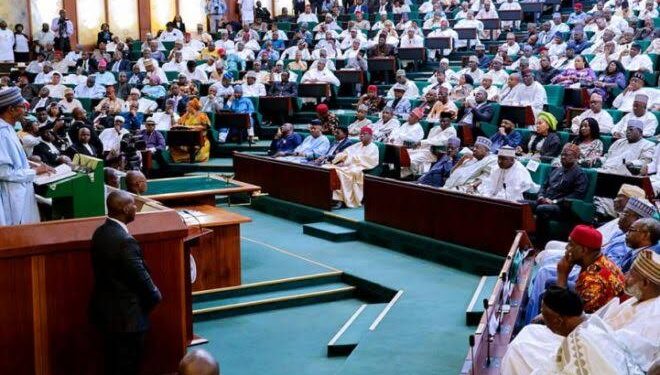The Chairman, Federal Civil Service Commission, Prof. Tunji Olaopa, has called for the scrapping of the higher national diploma , HND , awarded by polytechnics in the country.
Prof. Olaopa call for the scraping of HND on Tuesday in Abuja is a new twist from the call to address the disparity between the B.Sc and HND holder in the public service.
Prof. Olaopa made the call at a one-day national dialogue on ‘The Future of HND in the Nigerian Educational Landscape’ organised by the National Board for Technical Education ,NBT.
He said if the lingering professional war between B.Sc./B.Tech. and HND degree holders must be resolved without totally rendering dysfunctional their originating mandates and purposes, then the recommendation of the Heads of Polytechnics and Colleges of Technology ,COHEADS, in their 2007 memorandum to the then Presidential Technical Committee on the Consolidation of Tertiary Institutions must be revisited.
He noted that COHEADS recommended the conversion and upgrading of polytechnics into campuses of their proximate universities while the largest polytechnics in each of the geo-political zones should be converted into full-fledged universities of technology.
“In so doing, and this for me is the game-changer, HND should be scrapped, while the National Diploma , ND, should be retained as a qualifying certificate for entrance into the new and old universities of technology and schools of technology affiliates of existing universities,” Olaopa said.
He further stated that the design should create two streams of B.Sc. (Technology) and B.Tech., with B.Tech. designed to focus on inculcating technical skills and competencies across the middle to the very high levels of jobs and careers, a model which the First Technical University, Ibadan, on which Governing Council he was one of the pioneer members, is attempting to pioneer.
He, however, said the policy pronouncement and series of other policy measures taken to concretize the measure are not very helpful for all practical purposes, nor are the assumptions behind them rigorous enough to be in a position to achieve their objective now and in the future.
He said though the orientation of the polytechnics and universities are dissimilar, they could be made to be mutually reinforcing if creatively remodelled.





































